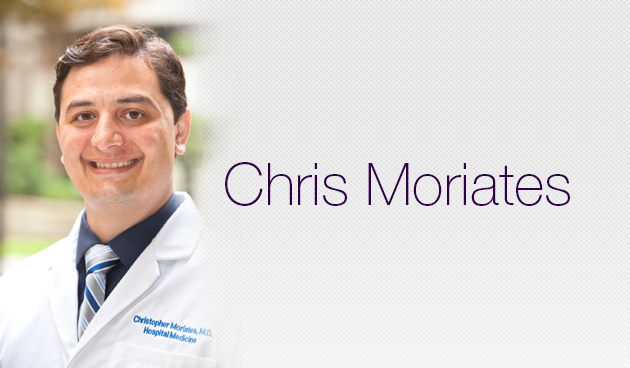As hospitals across the country increasingly focus on patient experience, one health system, as we’ve written about before here on The Hospital Leader, is really putting their money where their mouth is: they are offering patients direct refunds, no questions asked.
An article in The Washington Post calls these refunds, “the most unexpected hospital billing development ever.” The article opens with, “At Geisinger Health System in Pennsylvania, hospital officials want to keep their customers happy.”
Ok, I hear some of you already sharpening your pitchforks. You take care of PATIENTS, not CUSTOMERS. Agreed, but there is something that both of these titles have in common: underneath them are people. Real-life people, who care about how they are treated on a personal level and yes, they want the best possible medical care but they also would like their meal to be edible and their physicians to speak to them with respect, thank you very much.
The article describes some of the specific instances when patients received a refund – it is worth a read. There is also a short associated video showing the free phone app that allows patients to easily provide feedback and request a refund, which, by the way, can only be up to the amount the patient has paid out-of-pocket in co-pays or deductibles.
In addition, any Geisinger employee can provide “service recovery” for patients in the form of meal vouchers, parking passes, or gift certificates to the hospital gift shop (not sure why an unhappy patient would want to buy a Geisinger sweatshirt, but, alright, I guess). The program is called ProvenExperience, an apparent spin-off from the prior ProvenCare model that generated headlines a decade ago for providing a patient “warrantee” by bundling all care within 90 days of cardiac bypass surgery into a single fixed price.
As a hospitalist, I was left wondering how this ProvenExperience program may feel to actual hospitalists on the ground.
“Honestly it has not yet had a huge impact on the hospitalists in terms of requests for refunds, use of meal vouchers, et cetera,” said Dr. Benjamin Hohmuth, who runs a hospital medicine program at one of the Geisinger hospitals. “I think the real impact has been related to the message it sends. It says that we are serious about our commitment to improve our patients’ experience of care. It drives this message home by putting dollars at risk, and helps make it clear that this is not just empty words and branding but rather serious commitment to our new CEO’s vision.”
The new CEO is Dr. David Feinberg who joined Geisinger from his prior position running the UCLA health system, and who is credited with having the idea for personal refunds. Dr. Feinberg announced the program last year at the Press Ganey Executive Leadership Conference, where he said, “The way I see it, if you go into Starbucks and you’re not happy with your order, they don’t sip your latte and argue that they made it correctly. They just take care of you on the spot.”
It seems the real impact of the ProvenExperience program is not necessarily in the refunds themselves, but rather the changes it has spurred. For example, Dr. Hohmuth says that all hospitalists have been involved in receiving direct feedback from patient advocates when a patient’s perception of their care is negative. “Some respond well, some get defensive, but I think overall we are learning for our patients how we can better serve them,” he said.
And, of course, this is not all just benevolent. I am sure the math more than works out, particularly if this truly increases patient experience scores, which are tied to Medicare payments to the hospital.
The article also points out the jeering the institution received in embarking on their experiment. To most of us, the notion of patients asking for refunds seems ludicrous: “They will bankrupt the hospital and seek redress at every annoyance,” cynics might say. Well, if you think about patients getting your cell number in case of emergency, virtually all are respectful and few abuse the privilege of reach. In fact, Geisinger has experienced the same here. No misuse. The test will be, however, how the institution responds if the course reverses: failed experiment versus a cost of doing business? We will see.
What do you think? Considering that high-value care should integrate quality, safety, patient experience and affordability, is this a good example of high-value care? Would you like your hospital to introduce a patient refund program? How about the one where you and your family may get care one day?



Leave A Comment